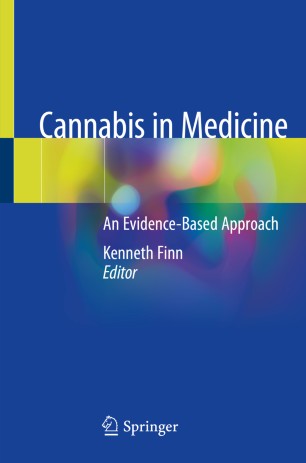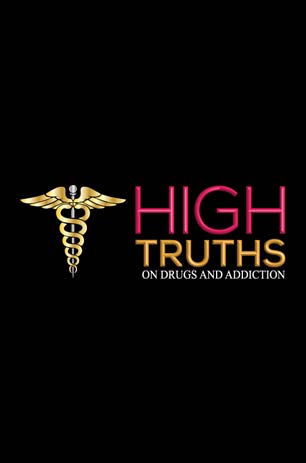HIGH-POTENCY THC CONCENTRATED CANNABIS PRODUCTS ARE NOT MEDICINE
Research indicates seven increased risks create compelling reasons to limit high-potency THC. As the earliest state to legalize marijuana, Colorado could have led policy development to protect public health, but that did not happen.


